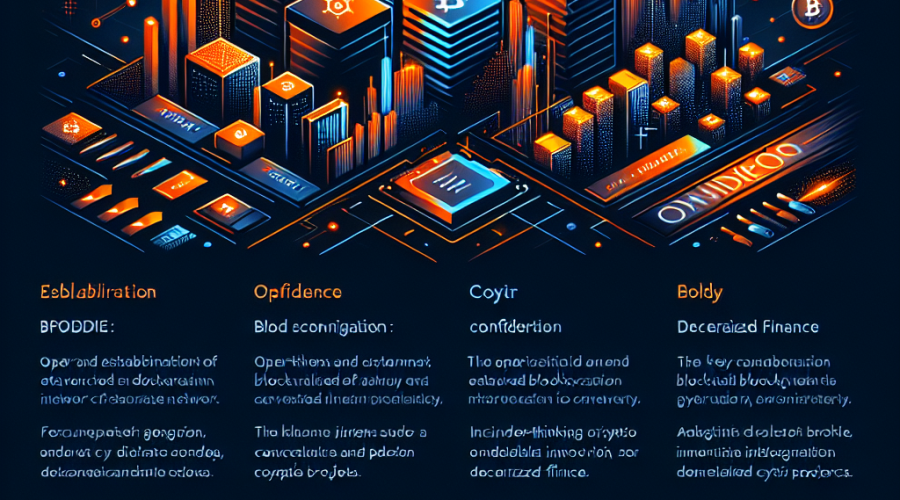BitGo, a prominent crypto custodian governed by U.S. regulations, has secured a significant partnership that will bolster its stance as a trusted entity for the safeguarding of assets. The company is designated as the custodian for Central Asia’s inaugural spot Bitcoin exchange-traded fund (ETF), which was inaugurated on the Astana International Exchange (AIX) in Kazakhstan. This novel ETF provides investors with an opportunity to indirectly access Bitcoin.
Fonte Bitcoin Exchange Traded Fund makes its debut
This major development was marked by the launch of the Fonte Bitcoin Exchange Traded Fund (BETF) on the AIX. The fund will be managed by asset manager Fonte Capital, which operates within the Astana International Financial Centre (AIFC) structure. The offering is built to cater to a diverse profile of investors, with retail participants being a prime focus.
What sets this fund apart is its physical backing by Bitcoin, which is securely held in the custody of BitGo Trust. This U.S.-based subsidiary of BitGo has gained prominence and trust for providing Bitcoin custody to significant U.S. Bitcoin ETF issuers like ARK Invest and 21Shares.
BitGo expands its footprint in Central Asia
This partnership with the Fonte Capital-issued spot Bitcoin ETF marks BitGo’s pioneer step towards offering institutional-grade Bitcoin accessibility to investors in Central Asia. This marks a noteworthy milestone in the company’s expansion strategy and solidifies its role in facilitating the growth of digital assets in this region.
BitGo shared an encouraging note on this significant development, stating that Kazakhstan is embarking on a new era for digital assets. The company promised to provide its custodial services through secure, U.S.-regulated cold storage.
Fostering the growth of local digital infrastructures
This development, while significant, also draws attention to the reliance of many developing economies on major global players for their cryptocurrency needs. Experts such as Shady El Damaty, co-founder of human.tech by Holonym, believe that relying on a singular global player isn’t the best approach for the long term. They decide that there’s a growing need for local crypto products in developing markets.
Nonetheless, the involvement of entities like BitGo in enabling and accelerating the launch of spot Bitcoin ETFs in such markets should not be downplayed. This association does bring immediate legitimacy to fledgling digital assets markets like Kazakhstan, says El Damaty.
Kazakhstan emerges as a major player
AIX’s trading volumes may seem small compared to international giants like Nasdaq, but they reflect the growing interest and strides in the region’s crypto scene. The BETF launch is significant since it introduces regulated Bitcoin access to investors who’ve historically been excluded.
Industry insiders like Bakhrom Saydulloev emphasize the rise of Kazakhstan as a major player in the global crypto scene, including cryptocurrency mining. The launch of a local Bitcoin ETF shines a spotlight on the country’s burgeoning digital finance industry.
Infrastructure developments like these are crucial to closing gaps left by traditional finance in many regions. Commenting on this, El Damaty noted, “In regions where traditional finance has left huge gaps, tools like this can be a bridge, not just for investors, but for everyday people to start participating in the digital economy.”
To sum up, this ETF launch marks a crucial milestone for Central Asia’s crypto scene and highlights the pivotal role of trusted custodians like BitGo in nurturing the growth of nascent digital assets markets.


















